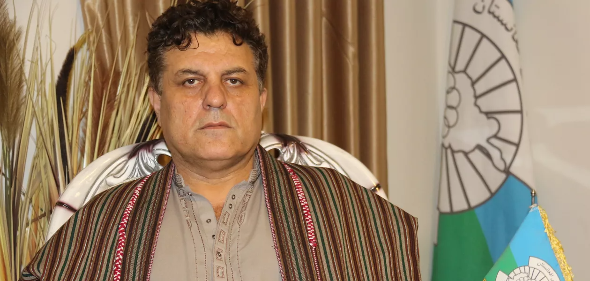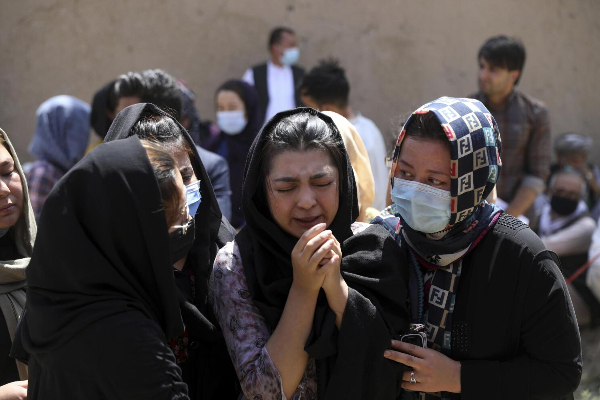The Kabul-Washington Bilateral Security Agreement (BSA) was signed on Tuesday by the newly appointed Afghan National Security Advisor Hanif Atmar and U.S. Ambassador James B. Cunningham to "strengthen long-term strategic cooperation" between the two countries.
The 26-article agreement aims to promote "peace, security, and stability; strengthening state institutions; supporting Afghanistan's long-term economic and social development; and encouraging regional cooperation."
The U.S. emphasized, in the preamble, that they will not use Afghanistan as "a launching point" to target and attack other countries.
The combat mission of the NATO-led International Security Assistance Force (ISAF) will conclude by the end of 2014. The BSA will allow the forces to continue an advisory role to train and assist the Afghan National Security Forces (ANSF).
The agreement's goal is to "increase security and stability by reducing tensions, uncertainty, and misunderstanding" as well providing a "framework for defense and security cooperation between the parties."
The first two articles in the accord clarify and define the terms used in the agreement and state the purpose and scope of the BSA.
Article three and six lay out that the constitution and laws of Afghanistan must be abided and the country's political independence and territorial integrity should not be threatened.
"The parties agree to cooperate to strengthen Afghanistan's defenses against such threats to its territorial integrity, sovereignty, or political independence," the agreement stated.
Article four emphasizes on developing and sustaining Afghanistan's defense and security capabilities.
"The United States shall have an obligation to seek funds on a yearly basis to support the training, equipping, advising, and sustaining of the ANSF so that Afghanistan can independently secure and defend itself against internal and external threats and help ensure that terrorists never again encroach on Afghan soil and threaten Afghanistan, the region, and the world."
Article 15 states that "members of the force and members of the civilian component may enter and exit Afghanistan at agreed facilities and areas...such personnel shall be exempt from Afghan law and regulations on registration and control of foreign citizens," noting that Afghanistan maintains the right to request the removal of any member of force or civilian components from the country.
In case a dispute surfaces, article 24 states that the parties should resolve disagreements between themselves and not refer to national or international, tribunals or any third party for settlement.
The BSA will be implemented January 1, 2015 and according to article 26, the agreement will be effective till the end of 2024 unless terminated by mutual agreement upon a two-year written notice.
LINK: https://www.ansarpress.com/english/2568































 Ghani Removed From UN Heads of State List
Ghani Removed From UN Heads of State List 




